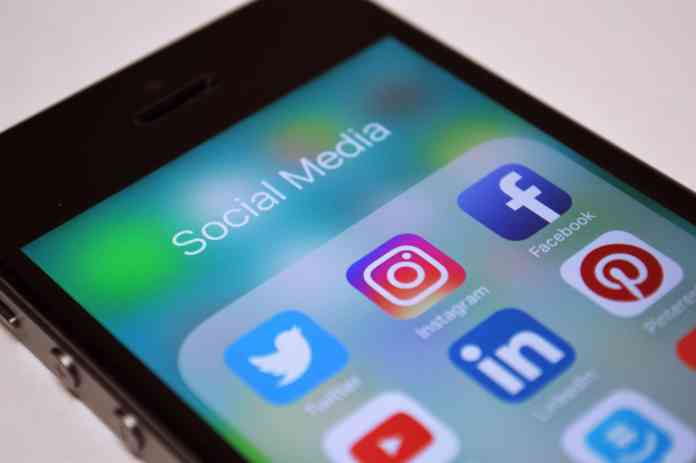News
Dec 18, 2017
Russian Twitter accounts tried to ‘divide UK’ after terrorism
 Fake social media accounts linked to Russia were used to influence and interfere with public debate following four terrorist attacks in the UK this year, researchers have found.
At least 47 Russian Twitter accounts posted material after the Westminster Bridge, Manchester Arena, London Bridge and Finsbury Park attacks, according to researchers at the Cardiff University Crime and Security Research Institute (CSRI).
The CSRI voiced concern that third parties were using social media to amplify the public harm caused by terrorism in Britain.
Of the 47 accounts, eight were particularly active, posting at least 475 tweets about the attacks, which were reposted more than 153,000 times.
The accounts intervened on both sides of debates to heighten the level of discord online.
Fake account owners also aimed messages at ‘thought communities’ more sympathetic to and aligned with their online identities.
The CSRI team leader Martin Innes concluded the use of Russian-linked social media to engineer social division in the UK was considerably more extensive than previously thought.
The research was funded by the Centre for Research and Evidence on Security Threats.
The report said: “In the wake of the 2017 terrorist attacks, platforms such as Twitter and Facebook were used to spread rumours, fake news and conspiracy theories to amplify and extend the impact and harm associated with the incident.
“Terrorist violence is fundamentally designed to ‘terrorise, mobilise and polarise’ its audiences, so if social media platforms are being ‘weaponised’ by third parties to amplify these effects, then they need to be required to urgently do something to mitigate this.
“The evidence suggests a systematic strategic political communications campaign being directed at the UK designed to amplify the public harms of terrorist attacks.”
Fake social media accounts linked to Russia were used to influence and interfere with public debate following four terrorist attacks in the UK this year, researchers have found.
At least 47 Russian Twitter accounts posted material after the Westminster Bridge, Manchester Arena, London Bridge and Finsbury Park attacks, according to researchers at the Cardiff University Crime and Security Research Institute (CSRI).
The CSRI voiced concern that third parties were using social media to amplify the public harm caused by terrorism in Britain.
Of the 47 accounts, eight were particularly active, posting at least 475 tweets about the attacks, which were reposted more than 153,000 times.
The accounts intervened on both sides of debates to heighten the level of discord online.
Fake account owners also aimed messages at ‘thought communities’ more sympathetic to and aligned with their online identities.
The CSRI team leader Martin Innes concluded the use of Russian-linked social media to engineer social division in the UK was considerably more extensive than previously thought.
The research was funded by the Centre for Research and Evidence on Security Threats.
The report said: “In the wake of the 2017 terrorist attacks, platforms such as Twitter and Facebook were used to spread rumours, fake news and conspiracy theories to amplify and extend the impact and harm associated with the incident.
“Terrorist violence is fundamentally designed to ‘terrorise, mobilise and polarise’ its audiences, so if social media platforms are being ‘weaponised’ by third parties to amplify these effects, then they need to be required to urgently do something to mitigate this.
“The evidence suggests a systematic strategic political communications campaign being directed at the UK designed to amplify the public harms of terrorist attacks.”
View the latest
digital issue
digital issue




















